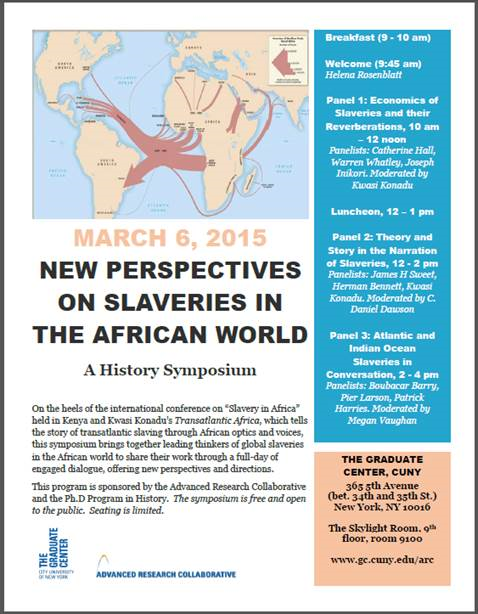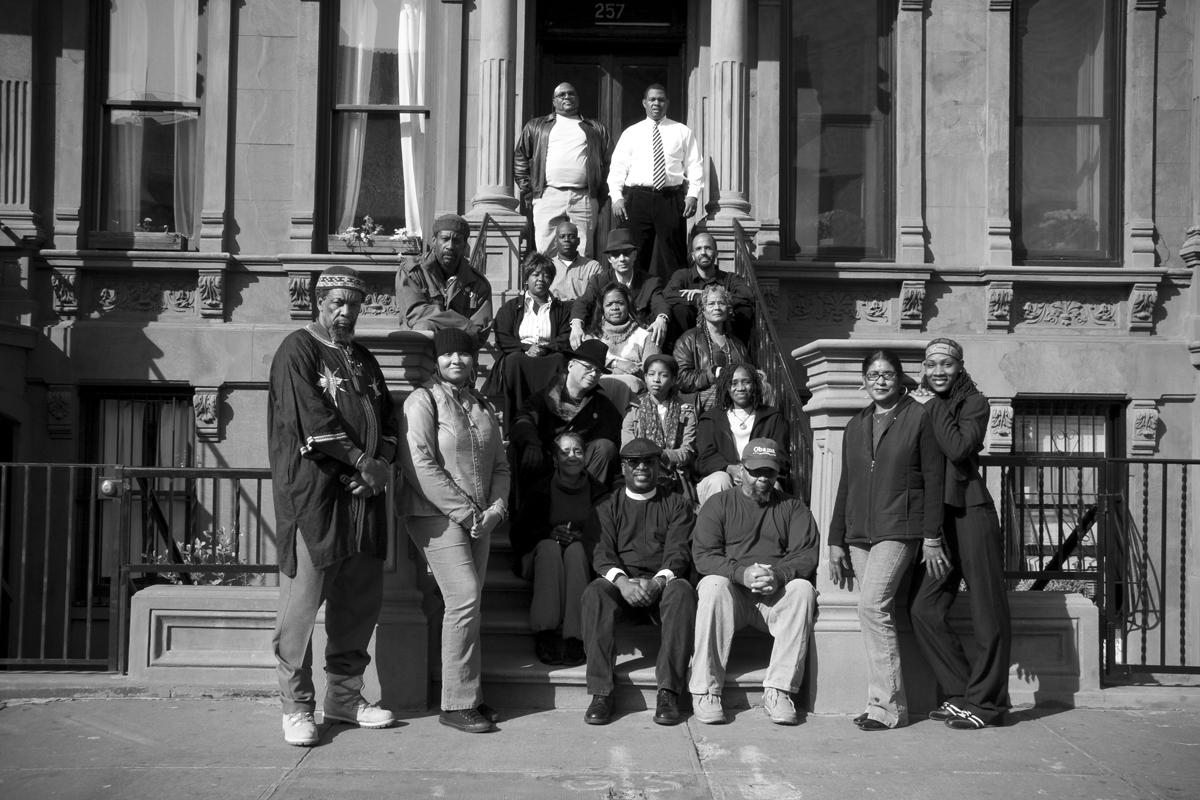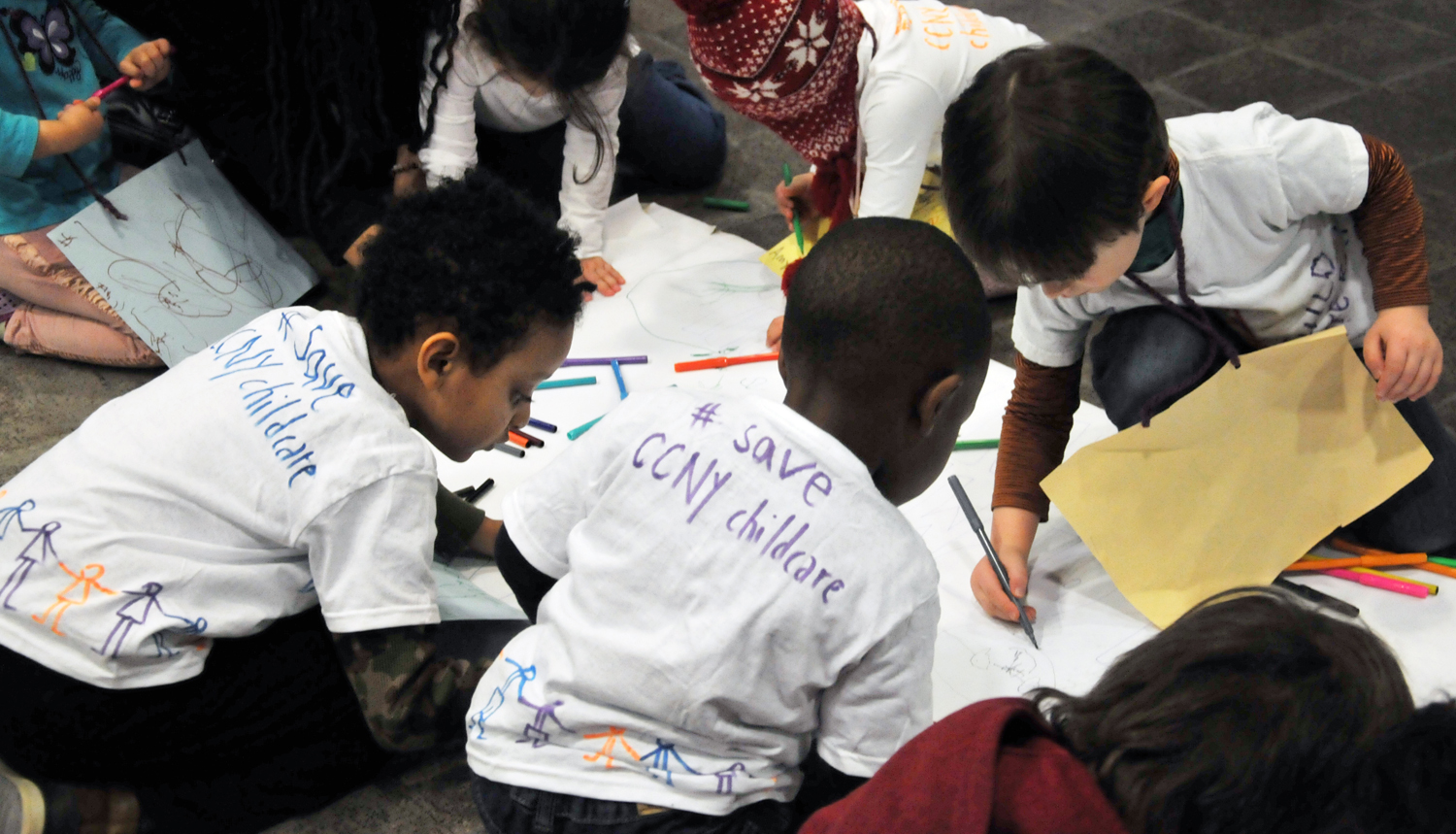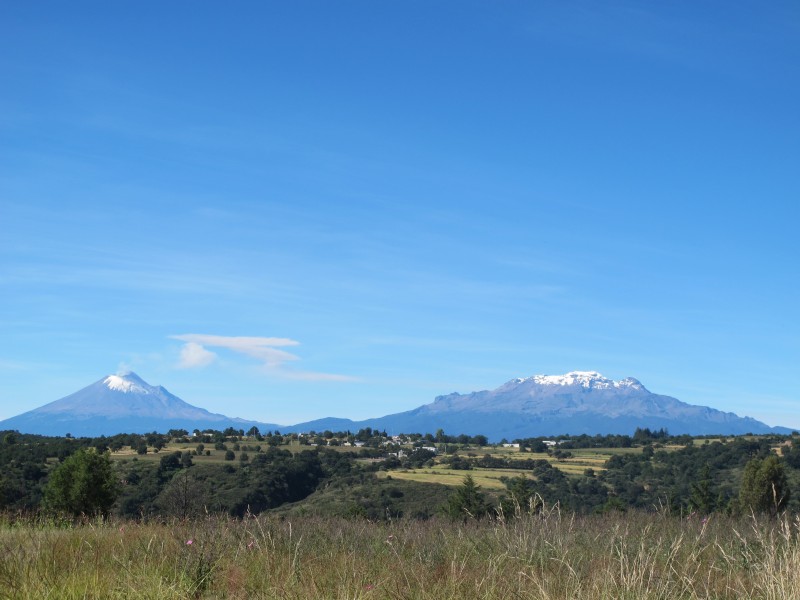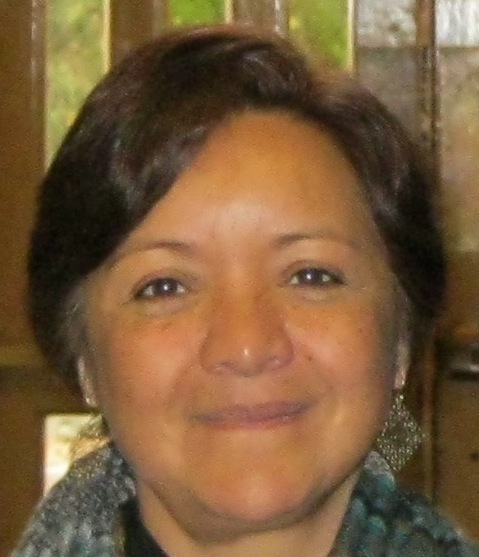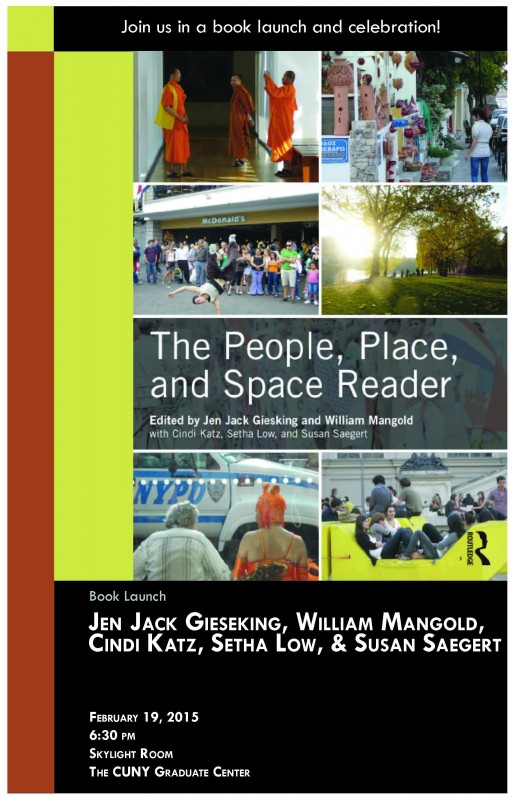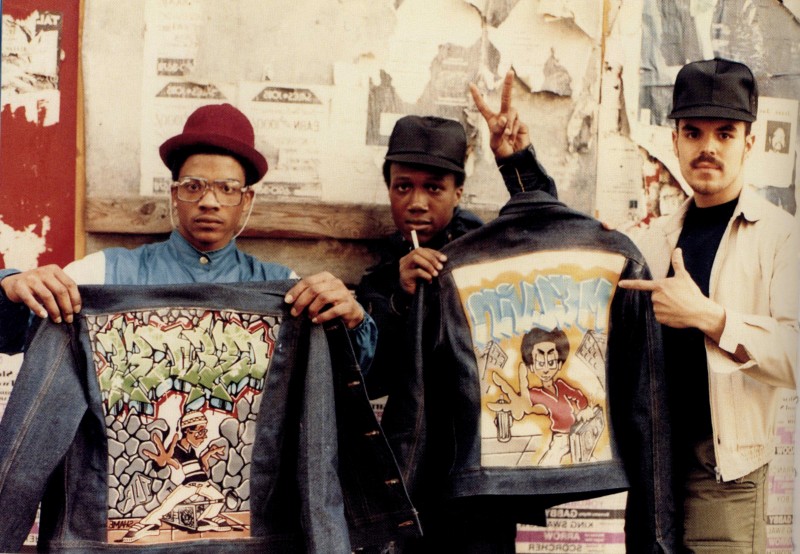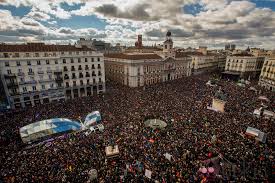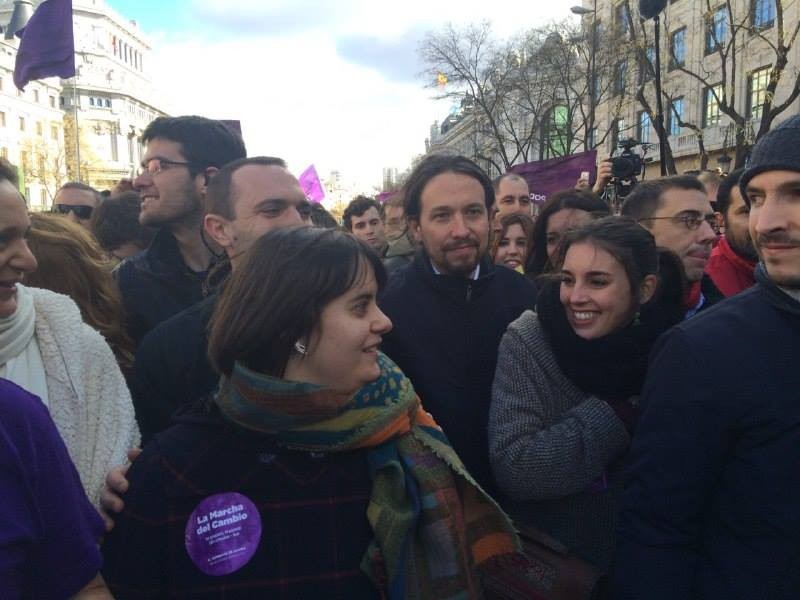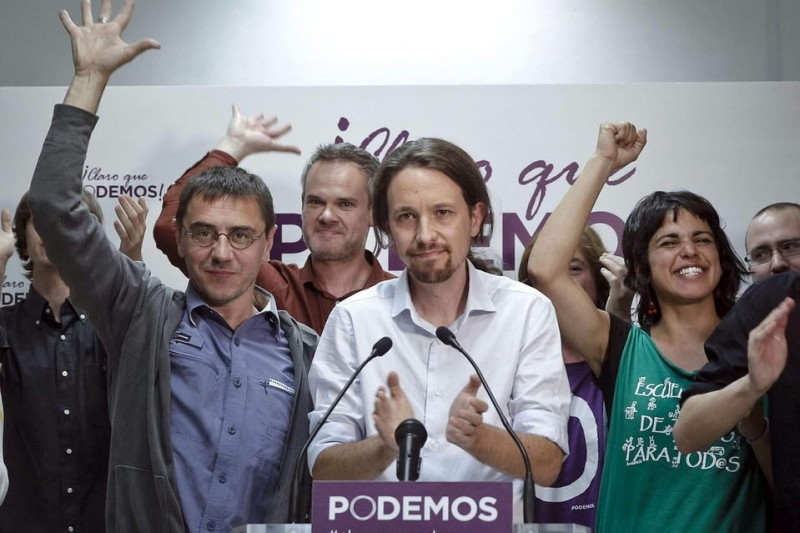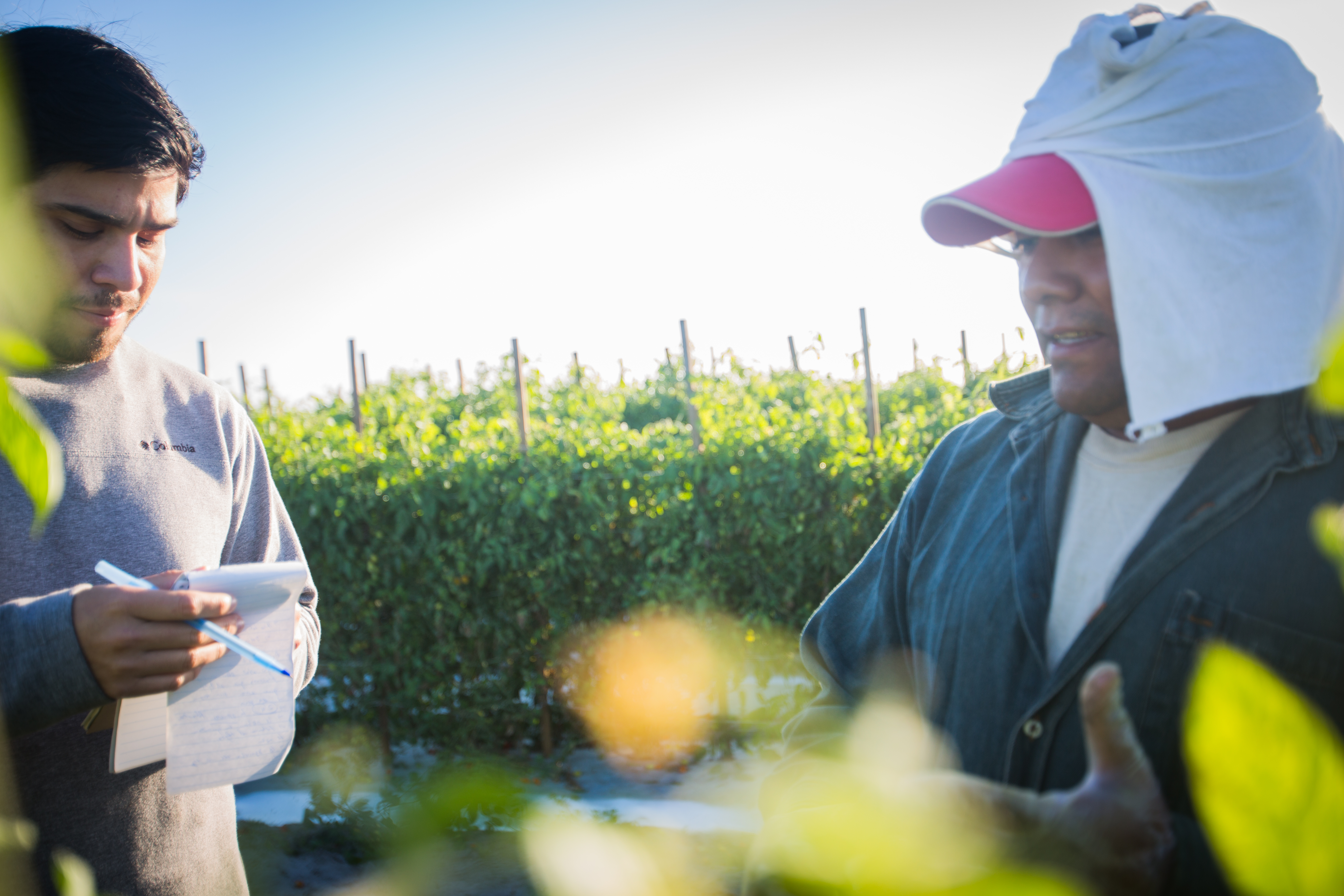Symposium: NEW PERSPECTIVES ON SLAVERIES IN THE AFRICAN WORLD
03/06/2015
All Day
Skylight Conference Room, 9th Floor
On the heels of the international conference on “Slavery in Africa” held in Kenya and Kwasi Konadu’s Transatlantic Africa, which tells the story of transatlantic slaving through African optics and voices, this symposium brings together leading thinkers of global slaveries in the African world to share their work through a full-day of engaged dialogue, offering new perspectives and directions.
March 6
9 a.m.
Skylight Room, Graduate Center, CUNY.
This program is sponsored by the Advanced Research Collaborative and the Ph.D Program in History. The symposium is free and open to the public. Seating is limited.
Film Screening: Rezoning Harlem
03/05/2015
7:00 pm - 8:30 pm
Room 5414
Rezoning Harlem follows longtime members of the Harlem community as they fight a 2008 rezoning that threatens to erase the history and culture of their legendary neighborhood and replace it with luxury housing, offices, and big-box retail. A shocking expose of how a group of ordinary citizens, who are passionate about the future of one of the city’s most treasured neighborhoods, are systematically shut out of the city’s decision-making process, revealing New York City’s broken public review system and provoking discussion on what we can do about it.
The screening will be followed by a discussion and Q&A with filmmaker Tamara Gubernat, Urban Affairs and Planning Professor Tom Agnotti (The Graduate Center and Hunter College), M. Ndigo Washington (founder of Take Back Our City), and will be moderated by CUNY scholar Pilar Ortiz (Sociology).
March 5
7:00 pm
Doctoral Students’ Council Lounge (Room 5414).
Stories of Struggle: Histories of Childcare Activism at CUNY
03/04/2015
6:00 pm
Sociology Lounge, Room 6112
Wednesday March 4 Sponsored by the Center for Place, Culture and Politics, the Center for Globalization and Social Change, and the Mellon Seminar in Public Engagement and Collaborative Research. This event is open and free to the public. More information:
|
Feminist Perspectives on Resistance and Solidarity in Palestine and Israel
02/27/2015
3:00 pm - 5:00 pm
Room C201
The Center for the Study of Women and Society
presents:
Feminist Perspectives on Resistance and Solidarity in Palestine and Israel
Rabab Abdulhadi and Simona Sharoni met over twenty five years ago and have collaborated on multiple projects. They will discuss the following topics: the distorted dominant media coverage of the assault which ignored the power disparities between Palestinians and Israel; the racist and gendered images and statements deployed by Israeli officials and citizens to legitimize the violence; the impact of the violence on, and the responses of Palestinian and Israeli women; the response of the international community and the growing visibility and impact of the global movement of Boycott, Divestment, and Sanctions (BDS), the efforts to hold Israeli officials accountable and investigate possible violations of human rights and international conventions; and prospects for a just and lasting peace in the region in the aftermath of the Israeli war on Gaza and the earlier repressive campaign in the West Bank.
Friday, February 27, 2015
3:00-5:00pm
Room C201
The Graduate Center, CUNY.
Rabab Abdulhadi is Associate Professor of Ethnic Studies/Race and Resistance Studies and the Senior Scholar of the Arab and Muslim Ethnicities and Diasporas Initiative at the College of Ethnic Studies, San Francisco State University. She is a co-founder of the Islamophobia Studies Journal, the Union of Palestinian Women’s Associations in North America (UPWA), and the Palestine Solidarity Committee (PSC).
Simona Sharoni is Professor of Gender and Women’s Studies at the State University of New York in Plattsburgh. Sharoni is the founding Executive Director of the Peace and Justice Studies Association (PJSA), a founding member of the Feminist Theory and Gender Studies Section (FTGS) at the International Studies Association (ISA), and co-founder of Faculty Against Rape (FAR).
Co-sponsored with the Center for Place, Culture, and Politics.
The event is free and open to the public.
For more information see the Women’s Studies website: http://www.gc.cuny.edu/womencenter\
Maiz y el Pais: Political Violence in Mexico and Corn’s Lessons for Justice
02/20/2015
6:00 pm - 8:00 pm
Room 9204
Luz Rivera Martinez of the Consejo National Urbano Campesino (CNUC) and George Caffentzis in conversation.
Friday, February 20, 6-8PM. Room 9204
Headlines about Mexico are wildly divergent. While business magazines proclaim “the Mexican Moment” emerging from a slate of recent reforms, news of the murder and disappearance of nearly 50 rural teacher’s college students by police quickly silenced the applause.
Attacks on the Zapatistas, imprisonment of indigenous leaders defending water, and cover-ups of military executions all point to a rise in extra-judicial violence. Add to this the fact that the recent “reforms” were no less than the privatization of oil, communications, and education resources left pending after NAFTA, and you can see the extent of the turmoil.
But instead of a “troubled neighbor south of the border,” Mexico is home to inspiring movements building autonomy and justice with dignity against great obstacles.
Join Luz Rivera Martinez as she speaks about her 20 years of experience constructing autonomy, organizing outside the electoral system, and resisting genetically modified corn while protecting millennia-old varieties. She works with peasant families in Tlaxcala, Mexico – a state where corn originated, whose name means “place of the corn tortilla,” and where 52 natural varieties of corn are planted. This bountiful grain was created over thousands of years, primarily by women, and has now come to feed the world.
Just as corn is a gift of sustenance and rejuvenation Mexicans have given to all of humanity, Mexican movements such as Luz’s Consejo Nacional Urbano Campesino (CNUC) are guiding us toward daybreak after the long, cold night of neoliberalism.
George Caffentzis will join Luz in conversation with an update on the present status of the Zapatistas’ project
BIOS
Luz Rivera established CNUC in the early 1990s to coordinate resistance to the impending North American Free Trade Agreement, especially regarding its dismemberment of Article 27 of the Mexican Constitution, which enshrined the Mexican Revolution’s battle cry that “the land belongs to those who work it.” Luz and the members of CNUC knew that NAFTA would decimate the small-scale agricultural sector that the Revolution had established at such a great cost.
As CNUC’s lead organizer, Luz has worked tirelessly to demand government accountability, defend family farms, resist the use of GMO seeds, and build inspiring, community-based autonomous projects. CNUC has a long history of disposing of corrupt leaders, democratizing the budget, coordinating community-driven infrastructure projects, including peoples’ history in education, and expanding access to healthcare.
CNUC also joins voices with organizations around Mexico and around the world denouncing State-sponsored violence and rebuilding the social fabric. As an adherent to the Zapatistas’ Sixth Declaration – an international network of organizations struggling against neoliberalism and for autonomy from the grassroots – Luz and CNUC fight tirelessly to build “a world where many worlds fit,” a world for the people of all the colors of corn.
George Caffentzis is an Emeritus Professor of Philosophy at the University of Southern Maine, and a member of the Midnight Notes Collective and Strike Debt. He has written extensively on commoning and enclosures, especially since teaching at the University of Calabar in Nigeria for five years in the mid-1980s. That is where and when he realized that primitive accumulation of capitalism is an on-going process and that commoning has been an essential weapon in class struggle. His articles on the commons and commoning include “Commons Against and Beyond Capitalism” (with Silvia Federici), and “The Future of ‘The Commons’: Neoliberalism’s ‘Plan B’ or the Original Disaccumulation of Capital?”
The Mexico Solidarity Network is an organization dedicated to popular education and autonomous community organizing. In addition to our community work in Chicago’s Albany Park neighborhood and speaking tours, MSN also administers a unique, social justice-oriented study abroad program that allows students to learn about grassroots movements in Mexico by living with the families that comprise them, including members of CNUC. For more information, visit www.mexicosolidarity.org/studyabroad
This event is sponsored by The Mexico-US Solidarity Network and Center for Place Culture and Politics, Graduate Center, CUNY. The event is free and open to the public.
The People, Place, and Space Reader: Book Launch
02/19/2015
6:30 pm
Skylight Conference Room, 9th Floor
The People, Place, and Space Reader Book Launch
with editors Jen Jack Gieseking, William Mangold, Cindi Katz, Setha Low, and Susan Saegert
February 19th, 2015
6.30-8.30 pm
Skylight Room (8th Floor), Graduate Center, CUNY.
The Right to the City Film Series
02/17/2015 - 05/07/2015
7:00 pm - 9:00 pm
Each film will be advertised here separately with the time and location
Film screening: My Brooklyn February 17, 7PM
02/17/2015
7:00 pm - 9:00 pm
Skylight Conference Room, 9th Floor
Join us for a screening of My Brooklyn
February 17th, 2015 at 7:00 pm / Skylight Room.
Followed by a discussion with Kelly Anderson (Filmmaker and Professor in the Department of Film and Media Studies at Hunter College), Sharon Zukin (Professor of Sociology at Brooklyn College and CUNY Graduate Center), and Sara Martucci (Doctoral Candidate in Sociology, CUNY Graduate Center).
My Brooklyn is a documentary about Director Kelly Anderson’s personal journey, as a Brooklyn “gentrifier,” to understand the forces reshaping her neighborhood along lines of race and class. The story begins when Anderson moves to Brooklyn in 1988, lured by cheap rents and bohemian culture. By Michael Bloomberg’s election as mayor in 2001, a massive speculative real estate boom is rapidly altering the neighborhoods she has come to call home. She watches as an explosion of luxury housing and chain store development spurs bitter conflict over who has a right to live in the city and to determine its future. While some people view these development patterns as ultimately revitalizing the city, to others, they are erasing the eclectic urban fabric, economic and racial diversity, creative alternative culture, and unique local economies that drew them to Brooklyn in the first place. It seems that no less than the city’s soul is at stake.
Pablo Iglesias of PODEMOS, introduced by Amy Goodman (Democracy Now)
02/17/2015
1:00 pm - 3:00 pm
Proshansky Auditorium
Hope is Changing Sides: Understanding Spain’s Political Change
Pablo Iglesias of PODEMOS, introduced by Amy Goodman (Democracy Now)
Proshansky Auditorium,
CUNY Graduate Center, 365 5th Avenue
Tuesday, February 17th, 1-3pm.
This event will be LIVESTREAMED: Go to videostreaming.gc.cuny.edu and click on the link in the “Live Videos” box on the upper right hand side of the page. The talk is titled “Hope Is Changing Sides”.
Within just one year of its existence, PODEMOS has shaken politics in Spain. Started in January 2014, as a “citizens tool”, as a “method to turn indignation into political change,” and to challenge the existing Spanish political system, PODEMOS has become an unprecedented political phenomenon. In just four months, PODEMOS grew spectacularly, achieving 1.2 million votes in the May 25 European Elections, and gaining five seats in the European Parliament.
“Since then, PODEMOS has continued to increase its presence and gain further support. Opinion polls anticipating the upcoming November elections, indicate PODEMOS would be second most voted for political option. On January 31st, a “March for Change” organized by PODEMOS gathered hundreds of thousands in Madrid.” Its success can certainly be explained by the dire economic and social situation the Spanish people have been experiencing since 2008: austerity measures in healthcare and education, a housing crisis, and an unemployment rate that has risen to 25%.
But other factors contribute to the explanation of PODEMOS’ growth, such as its innovative use of political language and media visibility and its ability to relate to the preexisting horizon of social and economic discontent and desire for political change opened by the 15M movement in May 2011, and successive waves of citizen mobilization.
Why and how did PODEMOS emerge? From where has it come? What are the reasons for their spectacular growth? What are their methods and their political alignments? What is PODEMOS’ relation to Spain’s social movements? How does PODEMOS relate to existing political forces? What are the main proposals of their political program?
Introduced by Amy Goodman (Democracy Now), PODEMOS’ General Secretary Pablo Iglesias will address a NYC audience in a special opportunity to understand the political, social and economic context of PODEMOS’ emergence as a rising political force, and a unique political phenomenon.
THIS EVENT IS FREE AND OPEN TO THE PUBLIC
To watch the LIVESTREAM: Go to videostreaming.gc.cuny.edu and click on the link in the “Live Videos” box on the upper right hand side of the page. The talk is titled “Hope Is Changing Sides”.
ORGANIZED BY
Center for Place, Culture and Politics (Graduate Center, CUNY)
SPONSORED BY
Fair Food Program’s 2014 Annual Report Launch
12/11/2014
3:00 pm - 5:00 pm
Room 9206/9207
Please join us for the launch of the Fair Food Program’s 2014 Annual Report
Thursday, December 11th, 3:00-5:00 p.m.
Room 9206, The Graduate Center, CUNY
Watch the livestream here: http://videostreaming.gc.cuny.edu/videos/video/2488/?live=true
Presentation by:
Lucas Benitez, Co-Founder, Coalition of Immokalee Workers
Sean Sellers, Co-Founder and Senior Investigator, Fair Food Standards Council
Judge Laura Safer Espinoza, Executive Director, Fair Food Standards Council
Roundtable discussion with:
Erik Brown, Senior Global Produce and Floral Buyer, Whole Foods Market
Janice Fine, Associate Professor, School of Management and Labor Relations, Rutgers University
Greg Tzeutschler Regaignon, Research Director, Business and Human Rights Resource Centre
Moderator: Cathy Albisa, Executive Director, National Economic and Social Rights Initiative
To see the report, please go to:
http://fairfoodstandards.org/reports/14SOTP-Web.pdf
Click here for more information and to reserve your spot<http://www.nesri.org/sites/all/modules/civicrm/extern/url.php?u=6140&qid=142026>.
This event is co-sponsored by the Center for Place, Culture, and Politics.
It is open and free to the public.

